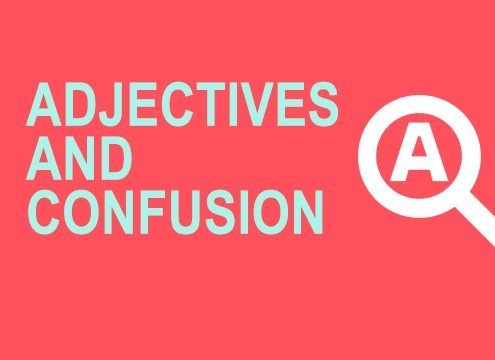In Latin, as in Spanish, a golden rule is that a sentence (una oración) never should end with a preposition.
This is not a rule in English (no es una regla en ingles). The rule in English is to put the preposition where it communicates easily (donde comunica fácilmente). Consider the following, using “buy in”:
- In which shop did you buy the hat? (¿en que tiende compraste el sombrero?)
- Which shop did you buy the hat in?
The position of the preposition (in) works well in both sentences. However, if you had written (hubiera escrito) “which shop did you buy in the hat”, you are making no sense.
These two sentences are correct:
- Whom did you vote for? (“Who did you vote for” is incorrect – see the article who/whom).
- For whom did you vote? (¿A quien votaste?).
However, some prepositions are best not separated from the verb, because the sentence may be hard to understand or wrong. Take a look at this example of “look for” (buscar).
- What was ZP looking for in North Korea?
- For what was ZP looking North Korea for?
The first sentence is coherent, the second incoherent (incoherente), wrong and difficult to follow (difícil de seguir), at least for the simple English mind (la menta sencilla de los ingleses). The issue is that the preposition is too far from the verb (demasiado lejos del verbo). Here are some more examples using the phrasal verbs “put on” and “shout at”.
- Mr. Morales put the book the table on.
This makes no sense. The correct form would be: Mr. Morales put the book on the table.
- Sanchez shouted Mr. Rajoy at. Again, incorrect. The correct form is: Mr. Sanchez shouted at Mr. Rajoy.
The simple rule: keep the preposition next to, or close to, the verb, period (punto).

















